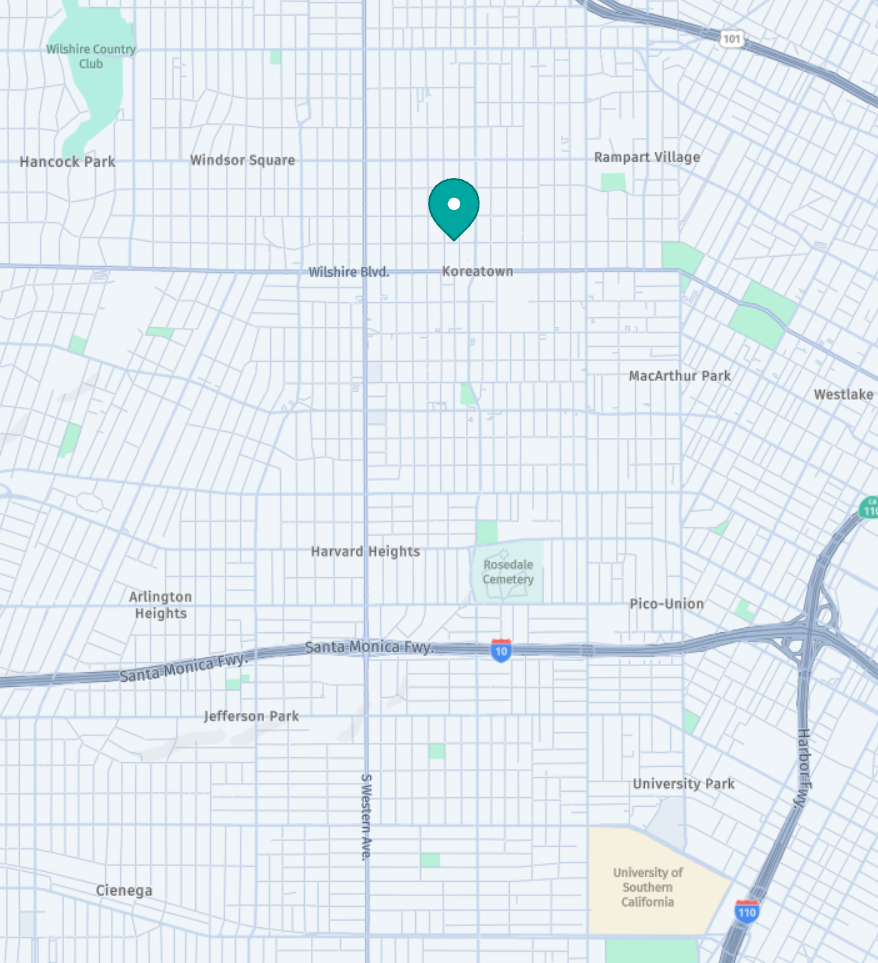The Importance of Proper Diagnosis & Workup in Wound Care
When it comes to wound healing, there is no one-size-fits-all approach. Every wound tells a story — about circulation, pressure, underlying health conditions, or trauma — and understanding that story is essential to effective treatment. At the Vein & Wound Center of LA, we believe that a careful diagnosis and thorough workup are the foundation of successful wound care.
With extensive surgical training and a focus on limb salvage, Dr. Christopher Kim has managed thousands of complex wounds throughout his career. This experience allows us to quickly identify the root cause of a wound and create a treatment plan that promotes healing while preserving your mobility and quality of life.
Why Diagnosis Matters in Wound Care
A wound that doesn’t heal within two to four weeks often signals more than a surface-level problem. Common underlying causes include:
- Venous insufficiency (poor circulation in the veins)
- Arterial disease (restricted blood flow due to blockages)
- Diabetes-related complications, such as neuropathy and poor healing
- Pressure injuries from immobility
- Infections or immune system conditions
Without identifying the cause behind the wound, treatment may only address the surface problem — leaving the deeper issue untreated. This can lead to chronic wounds, recurrent infections, and even risk of limb loss.
The Wound Care Workup: Step by Step
At the Vein & Wound Center of LA, we follow a structured, evidence-based process to evaluate and treat each wound:
- Comprehensive Evaluation
- Review of medical history (diabetes, vascular disease, prior surgeries, medications)
- Physical exam of the wound and surrounding tissue
- Identification of signs of infection, poor circulation, or neuropathy
- Diagnostic Testing
- Vascular studies (ultrasound, ankle-brachial index) to assess blood flow
- Wound cultures if infection is suspected
- Lab work to check for diabetes control, nutrition, or other systemic factors
- Wound Identification
- Determine if the wound is venous, arterial, diabetic, pressure-related, traumatic, or mixed
- Evaluate depth, size, tissue type, and healing potential
- Appropriate Debridement
- Surgical (sharp) debridement when rapid removal of dead or infected tissue is needed to promote healing and prepare for advanced therapies
- Non-surgical debridement options (enzymatic, autolytic, mechanical) for smaller or less severe wounds
- Specialist Referral
- If the wound is related to arterial disease, referral to a vascular surgeon may be recommended
- For diabetic foot ulcers, coordination with endocrinologists and podiatrists ensures comprehensive care
- Multidisciplinary collaboration supports better healing outcomes
- Customized Wound Dressings & Therapies
- Moisture-balancing dressings to protect and support healing
- Antimicrobial dressings (silver, iodine, honey, PHMB) to reduce bacterial load
- Cellular tissue-based products (CTPs) or biologic grafts for chronic or complex wounds
- Compression therapy for venous leg ulcers and swelling
Why Choose a Wound Care Physician with Surgical Training?
Not all wounds are the same. Some require only simple dressings, while others may need advanced procedures to prevent serious complications. Having a wound care physician with a surgical background and specialized training in limb salvage is critical because:
- Surgical expertise allows for precise debridement and advanced interventions when necessary.
- Experience managing thousands of wounds provides deep insight into what works best in different clinical scenarios.
- A limb-sparing approach helps patients avoid unnecessary amputations and preserve mobility.
- Specialized training ensures patients receive the most effective and safest wound care treatments available.
Expert Wound Diagnosis & Treatment in Los Angeles
At the Vein & Wound Center of LA, we don’t just treat the surface — we look for the root cause of your wound. With years of experience in surgical wound management and limb salvage, Dr. Christopher Kim and our team provide advanced, compassionate care tailored to your unique needs.
👉 Call (213) 654-8346 or request an appointment online to schedule your comprehensive wound evaluation today.
Frequently Asked Questions: Wound Diagnosis & Treatment
Q: Why can’t I just treat a wound at home?
A: Minor cuts and scrapes often heal with simple care, but wounds that don’t heal within 2–4 weeks may have underlying causes like poor circulation, diabetes, or infection. Without medical evaluation, these wounds can worsen and become serious.
Q: What happens during a wound care evaluation?
A: We review your medical history, examine the wound, and may perform diagnostic tests such as ultrasound or lab work. This helps us understand why the wound isn’t healing and how best to treat it.
Q: What is debridement, and why is it needed?
A: Debridement is the removal of dead or infected tissue. It helps clear the wound bed, reduce infection, and promote new, healthy tissue growth. Sometimes this is done surgically; other times, non-surgical methods are used.
Q: Do all wounds require a specialist?
A: Not always. Minor wounds can be treated at home or in urgent care. However, if you have a wound that is large, painful, infected, or not healing, it’s important to see a wound care specialist.
Q: How do you choose the right dressing for a wound?
A: The best dressing depends on the type of wound, the amount of drainage, and whether infection is present. We customize dressings to keep the wound clean, moist, and protected for optimal healing.
